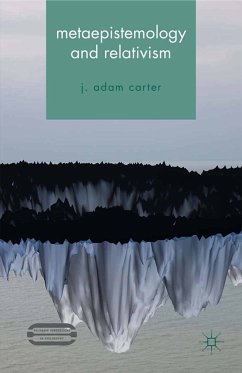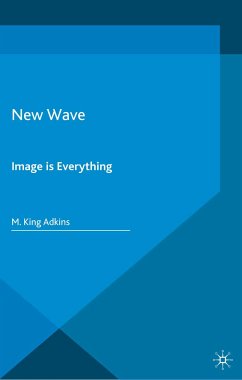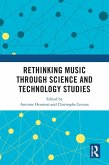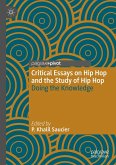Is knowledge relative? Many academics across the humanities are happy to say that it is. However, those who work in mainstream epistemology, the philosophical theory of knowledge, generally take for granted that it is not. Metaepistemology and Relativism questions whether the kind of anti-relativistic background that underlies most typical projects in mainstream epistemology can on closer inspection be vindicated. To this end, prominent and diverse argument strategies for epistemic relativism are considered and criticised. It is shown that a common weakness of more traditional argument strategies for epistemic relativism is that they fail to decisively motivate relativism over scepticism. Interestingly, though, this style of objection cannot be effectively redeployed against the new (semantic) variety of epistemic relativism-itself introduced only in the past decade. Although new (semantic) epistemic relativism constitutes an entirely different kind of challenge to mainstream epistemology than traditional forms, the new variety itself faces a dilemma. Once the dilemma is appreciated, it will be shown that the threat to mainstream epistemology that epistemic relativism is best understood as posing is in fact a very different one than we'd be originally inclined to think.
Dieser Download kann aus rechtlichen Gründen nur mit Rechnungsadresse in A, B, BG, CY, CZ, D, DK, EW, E, FIN, F, GR, HR, H, IRL, I, LT, L, LR, M, NL, PL, P, R, S, SLO, SK ausgeliefert werden.
Hinweis: Dieser Artikel kann nur an eine deutsche Lieferadresse ausgeliefert werden.









